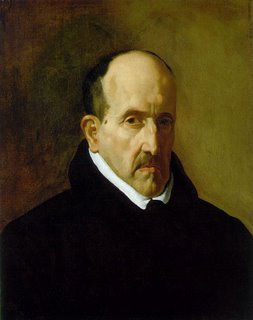



RETRATOS DE TRABALHO – XII
SEROV
Certain Muscovites were most eccentric, and my father liked to surround himself with these oddities, and found them entertaining. Most of them belonged to various societies of which he was the honorary president: dog clubs, bird fanciers, associations and, in particular, a bee-keeping organization, all the members of which belonged to a widespread sect of castrates, the Skoptzis. One of these, old Mochalkin, who directed the organization, often came to see my father. He had a soprano voice and the face of an old woman, and altogether his appearance rather frightened me. But it was quite another matter when my father took us to visit the beekeeping center. About a hundred Skoptzis gathered to greet us. We were given a delicious lunch followed by a very fine concert. All the performers were men with feminine voices; imagine a hundred old ladies dressed as men, singing popular songs with children's voices. It was at once touching, sad and rather funny. (…) Summer saw us back at Arkhangelskoye; we had many guests, and some of them stayed for the whole season. My liking for them depended entirely on the degree of interest they took in our beloved estate. I had a violent hatred for those who were indifferent to its beauties and merely came to eat, drink and play cards. To me their presence was a desecration. To escape from them I used to take refuge in the park, wandering among the groves and fountains, never tiring of a landscape where art and nature harmonized so perfectly. Its serenity brought me peace and quiet, and in its romantic setting my imagination had free play. I used to pretend I was my great-great-grandfather, Prince Nicholas, absolute monarch of Arkhangelskoye. I would go to our private theater and, seated in a box, would watch an imaginary performance in which the finest artists played, sang and danced for me. Sometimes I myself would go on the stage and sing, and be so carried away by my imagination that the ghosts of past audiences seemed to come to life and applaud me. When I awoke from my dreams, it was as though my personality had been split in two: one part of me jeering at such nonsense, the other grieving that the spell was broken.
Arkhangelskoye had a friend and admirer after my own heart in the person of Serov, the artist who came to paint our portraits in 1904. He was a delightful man. Of all the artists I have ever met in Russia or elsewhere, my memory of him is the most precious and vivid. His admiration for Arkhangelskoye, which revealed his acute sensibility, was the basis of our friendship. In an interval between sittings, we sometimes went into the park, sat down on a bench under the trees, and had long talks, his advanced ideas influenced the development of my mind considerably. I must add that in his opinion there would have been no cause for a Revolution if all rich people had been like my parents. Serov had a great respect for his art and never consented to paint a portrait unless the model interested him. He refused to paint a very fashionable lady of St. Petersburg whose face did not inspire him. However, be finally yielded to the lady's entreaties but, after the last sitting, he added to the portrait an enormous hat, which concealed three-quarters of her face. When the model protested, he replied that the hat was the most interesting part of the portrait. He was too independent and too disinterested to conceal his feelings. He once told me that when he was painting the Tsar's portrait the Tsarina exasperated him by continual criticisms; so much so that one day, losing all patience, he banded her his palette and brushes and suggested that she should finish the work herself. This portrait, the best ever painted of Nicholas II, was ripped to pieces during the 1917 Revolution, when a frenzied mob invaded the Winter Palace. An officer, who was a friend of mine, brought me a few shreds of it which I have reverently kept. Serov was very much pleased with the portrait he painted of me. Diaghilev asked us to allow him to include it in the exhibition of Russian art which he organized in Venice in 1907, but it brought me so much notoriety that my parents were annoyed and requested Diaghilev to withdraw it from the exhibition..."


<< Home